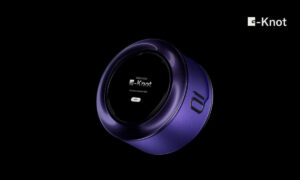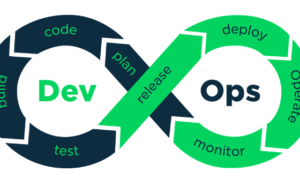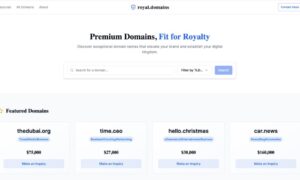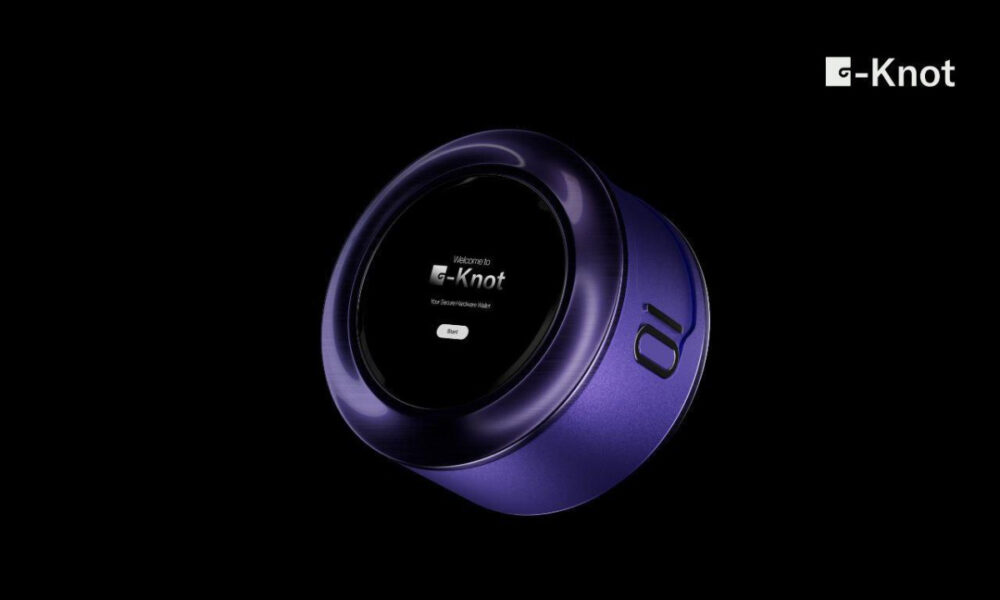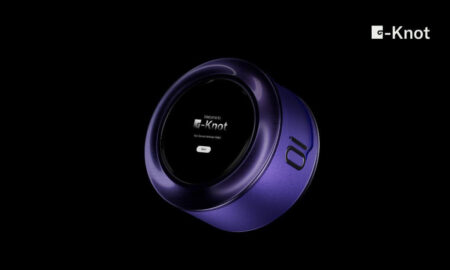In the rapidly evolving landscape of modern marketing, data has emerged as the lifeblood of successful campaigns. Businesses today are inundated with vast amounts of data, ranging from consumer purchase histories and browsing behaviors to social media interactions and feedback. The challenge, however, lies not in collecting this data but in analyzing and leveraging it to gain deeper insights into consumer behavior and preferences.
Advanced data analytics tools have become indispensable in this regard, enabling businesses to craft highly personalized marketing campaigns that resonate with their target audiences. Yet, the proliferation of data, particularly in an era where scam calls and fraudulent activities have saturated the marketing space, presents both opportunities and challenges for companies striving to connect with consumers on a meaningful level.
The Power of Data Analytics in Understanding Consumer Behavior
At the heart of effective marketing lies a deep understanding of the consumer. What do they want? What motivates their purchasing decisions? How do they interact with brands across various channels? Answering these questions with precision is no longer a matter of guesswork. With the advent of advanced data analytics tools, businesses can now delve into the intricate patterns of consumer behavior, uncovering insights that were previously hidden in plain sight.
Data analytics allows businesses to segment their audience with unparalleled accuracy. By analyzing data points such as demographics, purchasing habits, and online behavior, companies can identify distinct consumer segments and tailor their marketing efforts accordingly.
For instance, a business might discover that one segment of its audience prefers receiving promotional offers via email, while another segment engages more with social media ads. Armed with this knowledge, marketers can create personalized content that speaks directly to the preferences of each segment, increasing the likelihood of engagement and conversion.
Moreover, data analytics enables businesses to track consumer behavior in real-time. This real-time analysis allows for dynamic adjustments to marketing strategies, ensuring that campaigns remain relevant and impactful. For example, if a particular product is trending among a certain demographic, businesses can capitalize on this trend by launching targeted promotions or content that aligns with the current consumer interest. This agility in marketing is made possible by the continuous stream of data that analytics tools provide, allowing businesses to stay one step ahead of consumer expectations.
Creating Personalized Marketing Campaigns
Personalization has become a buzzword in marketing, but its importance cannot be overstated. Consumers today expect brands to understand their individual needs and preferences and are more likely to engage with marketing efforts tailored to them. Data analytics drives this personalization, enabling businesses to move beyond generic, one-size-fits-all campaigns and create experiences that resonate personally.
Predictive modeling is one of the most powerful applications of data analytics in personalized marketing. Predictive analytics uses historical data to forecast future consumer behavior, allowing businesses to anticipate the needs and desires of their audience. For instance, if a consumer frequently purchases a particular type of product, predictive analytics can suggest similar items they might be interested in, leading to targeted recommendations that feel relevant and timely.
Additionally, data analytics can inform the timing and delivery of marketing messages. By analyzing when consumers are most active online or when they are most likely to make a purchase, businesses can schedule their marketing efforts to align with these optimal windows of opportunity. This ensures that messages reach consumers at the right time, increasing the chances of capturing their attention and driving action.
The content itself also benefits from data-driven insights. By analyzing past interactions, businesses can determine which types of content resonate most with different audience segments. Whether it’s blog posts, videos, or social media updates, data analytics helps marketers understand what works and what doesn’t, enabling them to refine their content strategies for maximum impact.
The Impact of Scam Calling on Data-Driven Marketing
While data analytics offers tremendous potential for personalizing marketing efforts, the rise of scam calling has introduced a significant challenge. Scam calls have become pervasive, leading to widespread distrust of unsolicited communications. As a result, consumers are increasingly wary of any outreach that feels intrusive or suspicious, making it harder for legitimate businesses to connect with their target audience.
Fraudulent actors’ saturation of the data marketing space has further complicated the landscape. Scam callers often exploit personal data to craft convincing yet deceptive messages, eroding consumer trust in legitimate marketing efforts. This creates a dilemma for businesses: how can they leverage data to personalize their campaigns without triggering the skepticism and resistance that scam calls have fostered?
One approach is to prioritize transparency and authenticity in all marketing communications. Consumers need to feel confident that their data is being used responsibly and that the messages they receive are genuinely from the brands they trust. Businesses can build this trust by being clear about collecting and using data, providing easy opt-out options, and ensuring that all communications are consistent with the brand’s voice and values.
Moreover, businesses should focus on consent-based marketing practices. Ensuring that consumers have explicitly opted in to receive communications aligns with data protection regulations and reinforces the idea that the brand respects their privacy. By honoring consumer preferences and maintaining a transparent dialogue, businesses can differentiate themselves from the noise created by scam callers and foster more meaningful connections with their audience.
Building Meaningful Consumer Connections
Despite challenges posed by scam calling and the complexities of data-driven marketing, the ultimate goal remains the same: to build meaningful connections with consumers. Data analytics provides the tools needed to understand and anticipate consumer needs, allowing businesses to create personalized experiences that resonate on an individual level. However, the key to success lies in striking the right balance between personalization and privacy.
By leveraging data responsibly and focusing on transparent, consent-based practices, businesses can navigate modern marketing challenges while strengthening their relationships with consumers. In doing so, they not only enhance the effectiveness of their campaigns but also build the trust and loyalty that are essential for long-term success in an increasingly data-driven world.
In conclusion, data analytics offers a powerful means of unlocking deeper consumer insights and personalizing marketing efforts. Yet, in an era of scam calls and privacy concerns, businesses must approach data-driven marketing with care. By prioritizing trust, transparency, and ethical data practices, companies can harness the full potential of data analytics while building stronger, more meaningful connections with their consumers.














